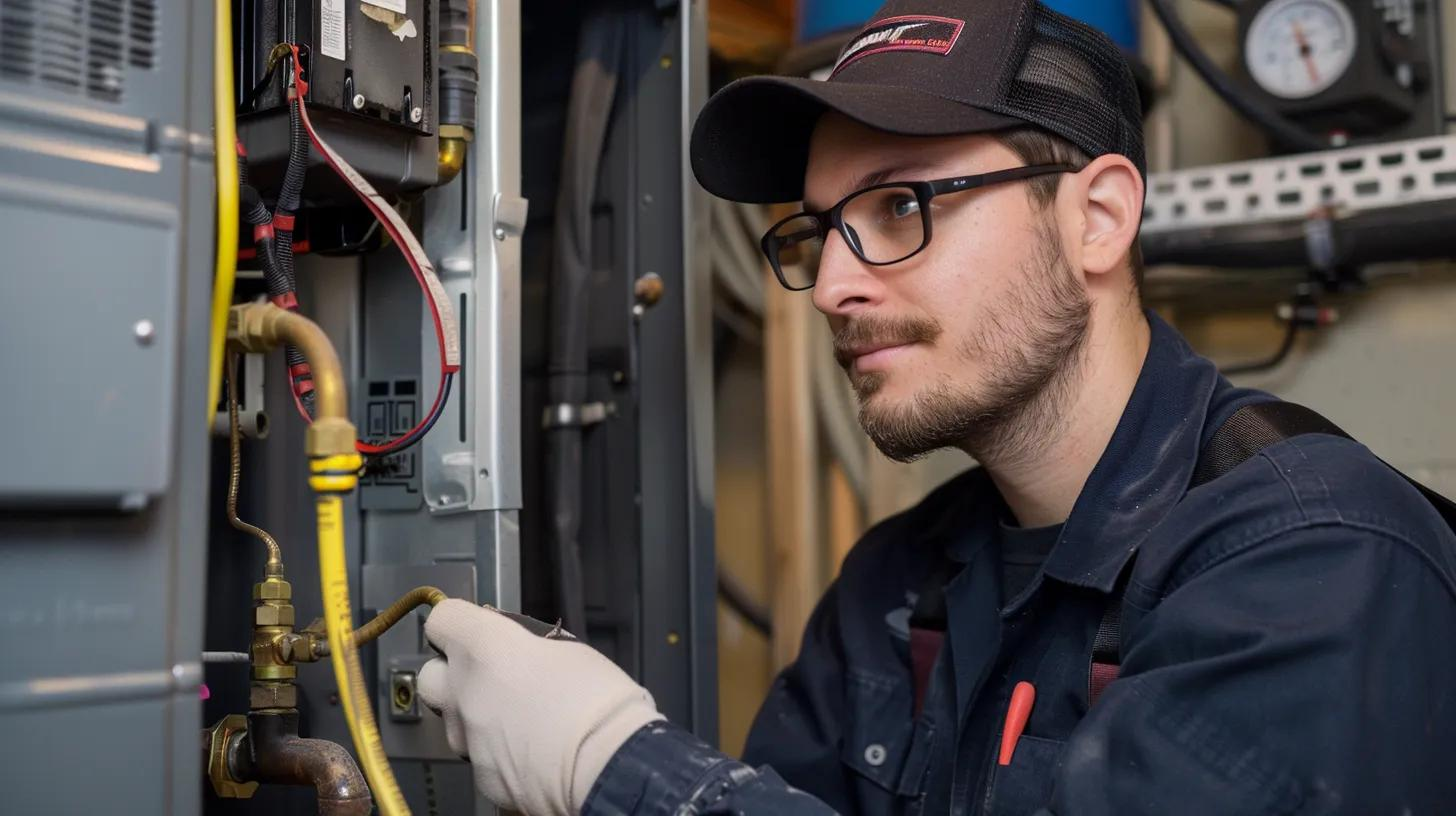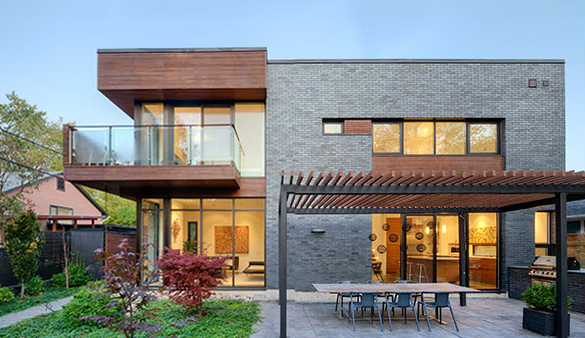Dust storms aren’t something most homeowners think about until they roll through and leave a thin layer of grime over everything. In Copperas Cove, this isn’t just a surface-level nuisance. Dust particles make their way inside through small openings in your home — doors, windows, vents, and even gaps in construction. That dust doesn’t just settle on coffee tables. It gets into your air system and spreads through every room. For families with allergies, asthma, or sensitive lungs, an unfiltered dust storm can create miserable indoor conditions.When particles fill your air supply, it becomes harder for your HVAC system to keep indoor air clean. This is where reliable air filtration becomes important. A good filtration system reduces how much you breathe in, protects your HVAC equipment, and helps your home stay cleaner during the season when dust is on the move. Preparing for storms before they hit can prevent problems that stick around after the clouds clear out.
Understanding Dust Storms In Copperas Cove
Dust storms form quickly and travel fast. In Copperas Cove, strong winds and dry conditions can create the perfect mix that kicks up dirt, pollen, and debris from the ground. These storms often move through neighborhoods without much warning and can last anywhere from a few minutes to several hours. While the outside looks hazy and dirty, the real concern starts when that dust finds ways to sneak into your home.Homes in Copperas Cove face specific challenges during dust storms:- Older window seals and doorways may not keep out debris as well as newer models.- HVAC systems pull in outside air for ventilation and may carry fine dust inside.- Entryways open and close throughout the day, letting in more airborne particles.Once that dust enters your home, it doesn’t simply go away with a quick vacuum. It lingers in hidden spots — the air ducts, behind furniture, in air vents — and can continue circulating unless properly filtered. Even small particles that aren’t visible to the eye can build up over time, impacting indoor comfort.Residents often notice the air feels heavier or slightly gritty after a storm. Air filters may clog faster than usual, and vents may blow out dusty air. If anyone in the home suffers from breathing issues, the effects can be felt almost immediately. It becomes harder to fall asleep, harder to stay focused, and harder to feel comfortable in your own space when the air isn’t clean.Dust storms also put added pressure on your HVAC system. Filters do their best to catch contaminants, but when overwhelmed, they can’t keep up. This strain often leads to lower efficiency, more wear and tear on components, and higher utility bills. Recognizing the impact of these storms helps homeowners take steps now to manage indoor air before it becomes a bigger issue.
Importance Of Effective Air Filtration In Copperas Cove
When dust storms hit, your HVAC system often becomes your first line of defense. However, without a strong air filtration system, it can quickly become a weak spot. A good filter doesn’t just reduce visible dust, it helps trap the fine particles that would otherwise circulate through the entire home. If your current setup struggles to keep the air clean during high-dust days, it may be time to rethink the filtering power you have in place.Different homes have different needs. In areas like Copperas Cove where dust storms are part of life, an air filter that only targets large debris won’t do enough. Homeowners here must focus on filtration systems designed to capture small particles — including pollen, dirt, and debris stirred up by dry windy conditions. Upgrading from a basic fiberglass filter to a pleated high-efficiency model can make an immediate difference. These filters have tighter weaves that catch more impurities without restricting air flow too much.More advanced setups use filtration media rated to trap even smaller particles, helping to protect those with breathing concerns or sensitivities. In some cases, whole-home air filtration units pair with HVAC systems to manage air quality intake from the start. Choosing the right system involves knowing what type of pollutants are common and which filter works best to manage them, especially during dust-heavy seasons.
Choosing The Right Air Filtration System
When selecting an air filtration system for your home in Copperas Cove, there are a few things that need to be factored in. A good filter should fit your system properly, handle the specific air challenges in your environment, and be easy enough to maintain regularly.Here are five things to look for when choosing an air filtration solution:1. Filter rating: Look for models with a MERV rating appropriate for residential use. Higher ratings trap smaller particles, but don’t go too high without checking specs for your HVAC unit.2. Filter size and design: Make sure the filter matches your existing system. An ill-fitting filter creates gaps where dust can sneak by.3. Replacement frequency: Some filters need monthly replacement, while others may last up to three months or more. Choose an option that fits your lifestyle and budget.4. Air flow balance: Choose a filter with a balance between performance and air flow. Ultra-dense filters block particles but may reduce system efficiency if incompatible.5. Long-term cost: Consider not just the price of the filter, but how often it needs replacing and whether it helps protect your system from early wear.Filters don’t last forever, especially during an active dust season. Even high-performing models eventually clog, reducing their effectiveness and putting strain on your HVAC motor. Creating a monthly or seasonal routine for checking and replacing filters keeps the system running cleaner and smoother all year round.
Keeping Your Home Safe And Clean During Dust Storms
Air filtration plays a major part in managing dust, but keeping your home clean and protected during a storm requires a bit more effort. When you know a dust storm is coming, or right after one passes, there are small steps that can prevent a lot of indoor mess.Start with preparation. If strong winds and dry weather are in the forecast, make sure windows are shut tight and doors stay closed as much as possible. Check for gaps in window frames, door sweeps, and attic access points that might allow wind-driven dust to enter. Clear outdoor debris away from HVAC vents and keep filters fresh so they are ready to handle the load.After a storm, act quickly. Dust that settles can continue circulating for days unless removed:- Replace or clean your HVAC filter if it has been in use during a dust storm.- Use a vacuum with a HEPA filter to trap dust before it spreads.- Wipe hard surfaces with a damp cloth instead of dry dusters that push particles around.- Avoid running your HVAC system if the filter hasn’t been checked or changed recently.- Let the system run for short periods to test cleanliness before using it for full cooling routines.These small tasks help reduce how much dust ends up inside the system or back in the air. Over time, building this response into your normal routine will make future dust storms less disruptive and easier to manage.
Making Air Quality A Priority For Your Family
Keeping clean indoor air during a dust storm is about more than comfort. For households with kids, older family members, or people with asthma and allergies, poor air quality can lead to real health concerns. Sneezing, coughing, and clogged sinuses become more common when dust sets into the system and continues to cycle through it. Even for those without sensitivities, dirty air can cause sleep problems and general discomfort.Investing in a better air filtration strategy means you are not just improving the air, you are looking out for your household’s well-being. Consistent indoor air quality provides peace of mind knowing you are taking steps before problems arise, not after. By making a simple change to how your system filters air, each future dust storm becomes easier to handle with fewer lingering effects. Clean air starts with the right system, proper upkeep, and a homeowner who pays attention before things spiral.Jormer Enterprises understands the challenges homeowners face when trying to keep indoor air clean in Copperas Cove. When dust storms stir up debris, maintaining quality air becomes a pressing concern. Learn how proper air filtration in Copperas Cove can reduce indoor dust and improve overall comfort for your household. For a quick estimate or to book a service visit, please contact us today to take the next step in protecting your home.
Customer Testimonials
See what our customers are saying about their experience with us.

Financing
We offer flexible financing through FTL Finance, making it easy to invest in your home comfort without the upfront stress.

Short Heading Goes Here


Creating a More Comfortable and Smarter Home


